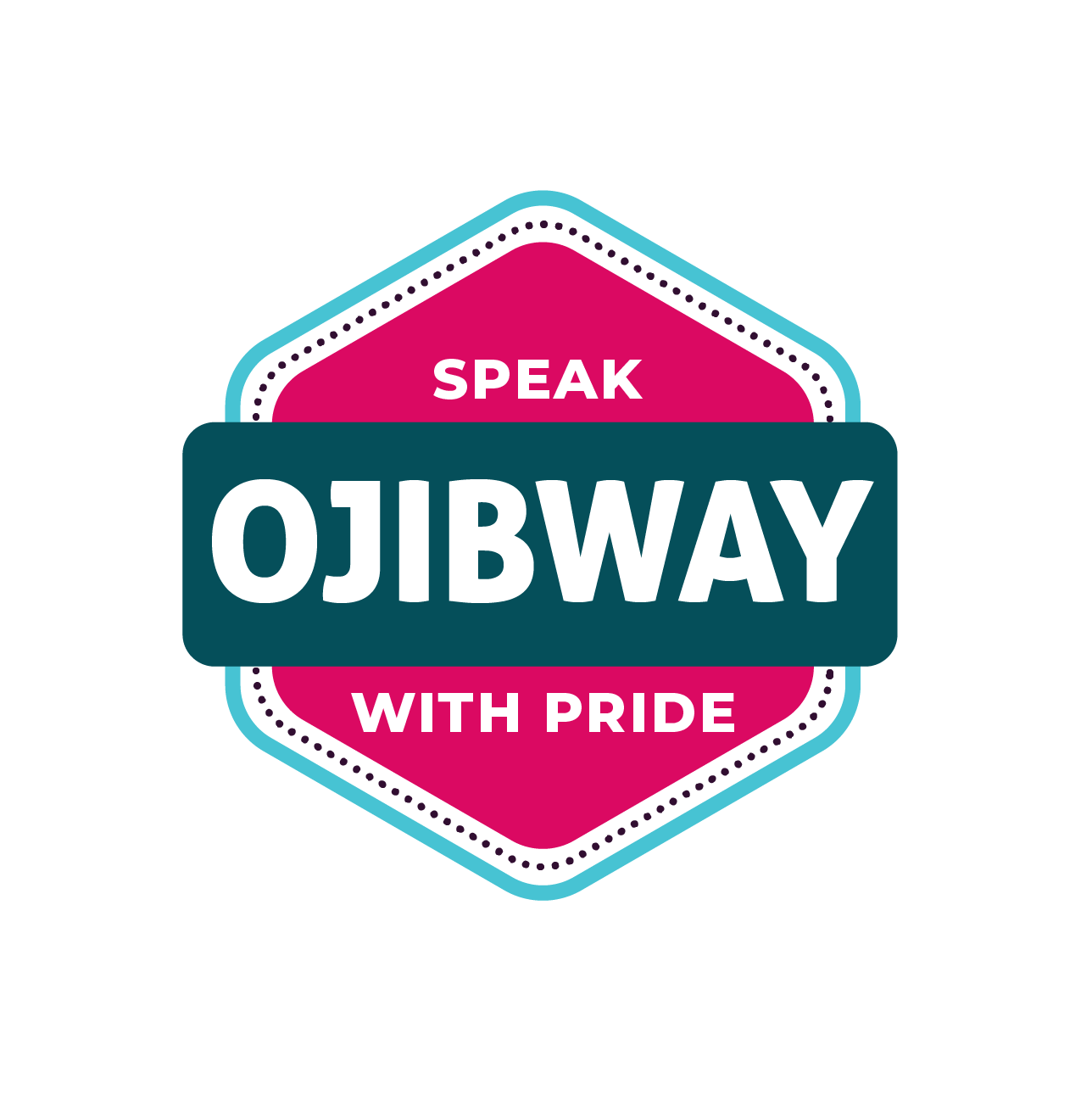June 14, 2021
By Nahka Bertrand, APTN Communications Assistant
APTN’s language revitalization campaign Speak With Pride launched on March 31, 2021, on National Indigenous Languages Day. The nation-wide interactive engagement platform encourages Indigenous Peoples to speak their language with pride.
Indigenous languages have been disappearing at an alarming rate. Over 70 Indigenous languages spoken in Canada are in danger of disappearing in the next generation.
Language preservation is a critical factor for APTN’s broader mandate of sharing our Peoples’ journey, celebrating our cultures, inspiring our children and honouring the wisdom of our Elders.
APTN CEO Monika Ille says, “Language is the foundation of a culture. Language holds the stories, the songs, the dances, the family histories. Language connects everything. When a language dies, so does one’s connection to its culture. Ultimately, people lose their sense of identity and belonging.”
Why should all Canadians care about Indigenous language revitalization?
Not only are Indigenous languages beautiful, they are also the nerve center of their respective cultures. “They bring people back to who they are, with an understanding of worldviews and values” says Lisa Ducharme, director of online content at APTN and the campaign’s lead.
Most Indigenous languages are inherently descriptive and braid connections between people, the world around them, their place in it and the land. On the Speak With Pride website, a language storyteller shared, “When I hear other people speaking my language it makes me feel welcome. There is an instant bond between us, a deep sense of connection that allows us to have fun and joke around.”
Indigenous language loss began with colonization and was ramped up with the implementation of the Canadian residential school system, as stated by the Truth and Reconciliation report and reiterated by the Indigenous Languages Act.
One language keeper said, “My grandmother had heard about the abuse that happened in residential schools. She and other parents in our area moved deep into the bush to hide their children so they would not be taken. Hardly anyone in my community went to residential schools and that’s why our culture, our ceremonies and our language remain so strong here. We were lucky.”
At the conclusion of the Indigenous language symposium on Jan. 29, 2021, members of the House of Commons’ Indigenous caucus, Ministers Guilbeault, Bennet, Miller and Vandal stated, “We must first acknowledge that the colonial systems built over past generations, and reinforced by successive governments and institutions, have contributed to the loss or erosion of many Indigenous languages.”
According to anthropologist Akira Yamamoto, who extensively studied Indigenous languages and language loss in Canada and the United States, one of the factors that helps prevent language death is a dominant culture that favours linguistic diversity. Another is that endangered language communities must have an identity that is strong enough to encourage language preservation.
This means that language reclamation requires both a critical mass of people to move it ahead, and for our Peoples to believe it is possible and to inspire others. We need all Canadians, Indigenous and non-Indigenous alike, to encourage linguistic diversity and Indigenous language revitalization. Indigenous languages contribute to Canadian diversity and play a crucial role in bringing people back to their roots and traditions.
Speak With Pride
Language loss is a heartbreaking tragedy, but all is not lost. Statistics Canada reported that in 2016, 260,000 Indigenous people shared being able to speak an Indigenous language well enough to conduct a conversation. Moreover, at the time of the 2016 census, the number of Indigenous people who could speak an Indigenous language had grown by 3.1% since 2006, which means that thousands of people have been actively reclaiming their language.
The Speak With Pride campaign spotlights and unites Indigenous language keepers, speakers and seekers across the map in a safe space, encouraging them to share their stories and a sense of pride for individuals at all stages of their language journey.
The campaign promotes people’s stories around language reclamation, and engages in an ongoing process of collecting these stories – you can submit your language reclamation story here. Indigenous language speakers can also download digital assets to proudly display their language via digital badges. It is also possible to request the creation of a badge for an Indigenous language that is not already in the repertoire.
“It’s intended to draw awareness to the very critical situation of Indigenous language endangerment,” says Ducharme. “However, we want to inspire hope that language reclamation is possible, that we have inspirational stories of progress and the desire to bring language back.”
Speak With Pride is a long-running campaign that will help revitalize languages across the country. As of the writing of this article, the campaign’s three circulating videos have seen nearly 22 million impressions, and over 2 million video views. To date, the website has 40 story submissions and 16 badge requests. APTN encourages Indigenous language speakers to add their voices at speakwithpride.ca.
Indigenous language resources
https://www.canadiangeographic.ca/article/mapping-indigenous-languages-canada
http://www.creedictionary.com/
https://newjourneys.ca/en/articles/resources-for-learning-atikamekw
https://tusaalanga.ca/welcome-bienvenue
https://www.cdfmwendake.com/ateliers-et-formations
https://www.firstvoices.com/explore/FV/sections/Data
http://www.thecanadianencyclopedia.ca/en/article/aboriginal-people-languages
http://trc.ca/assets/pdf/Calls_to_Action_English2.pdf
https://www.canlii.org/en/ca/laws/astat/sc-2019-c-23/latest/sc-2019-c-23.html












